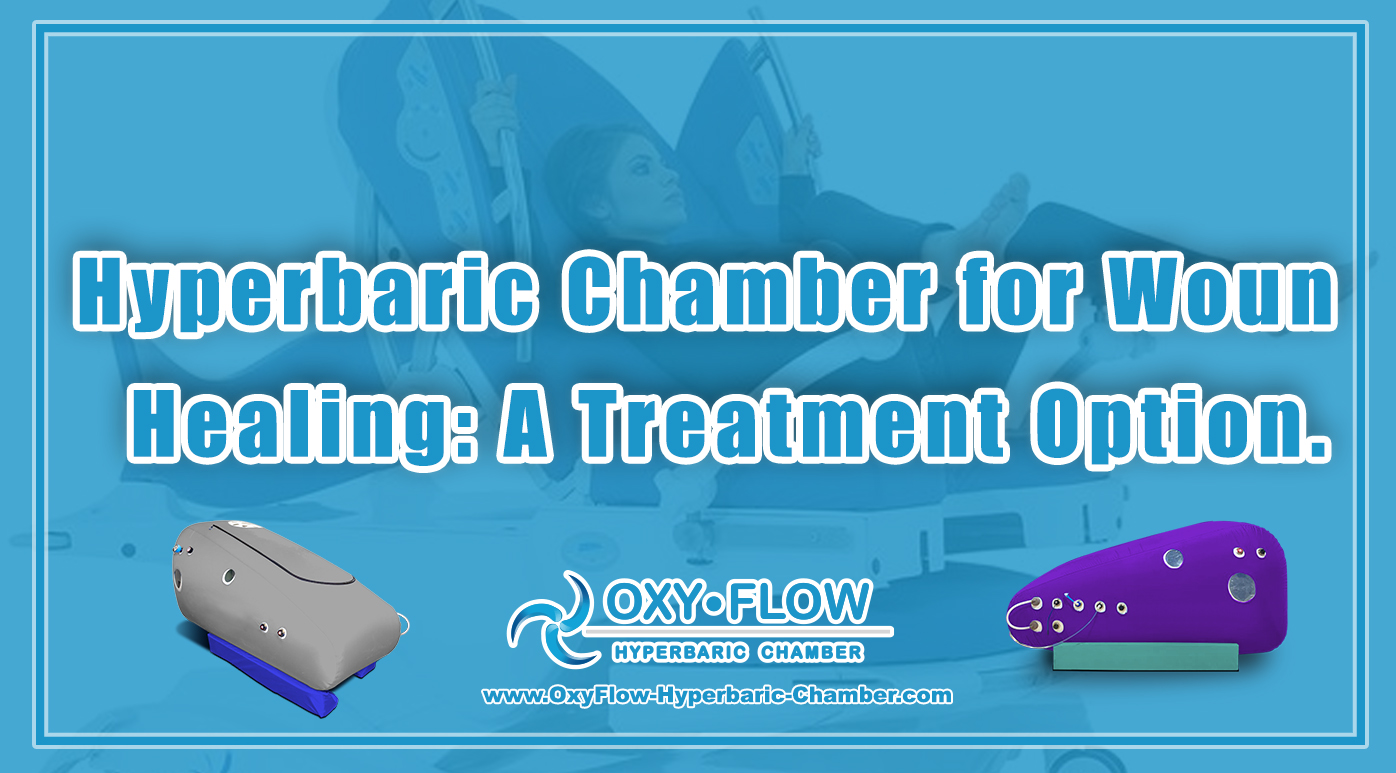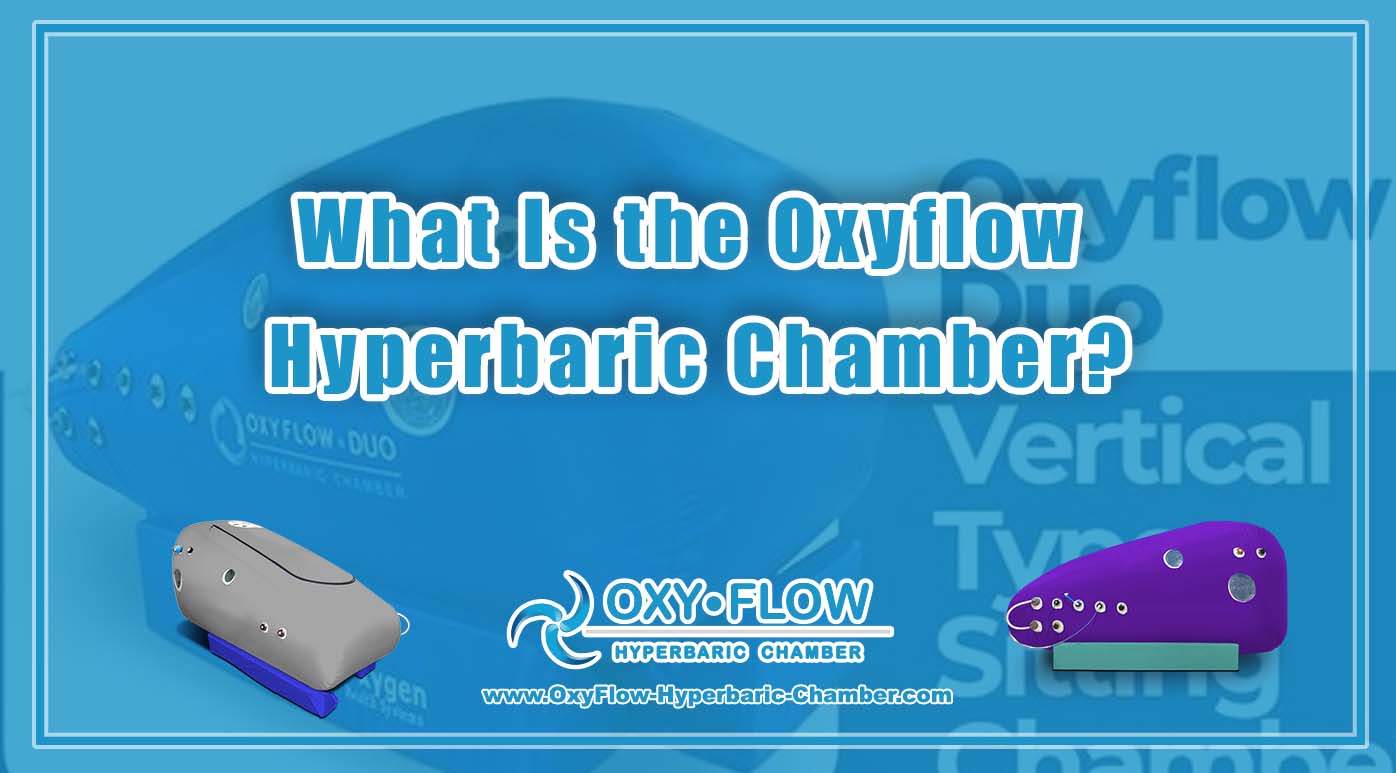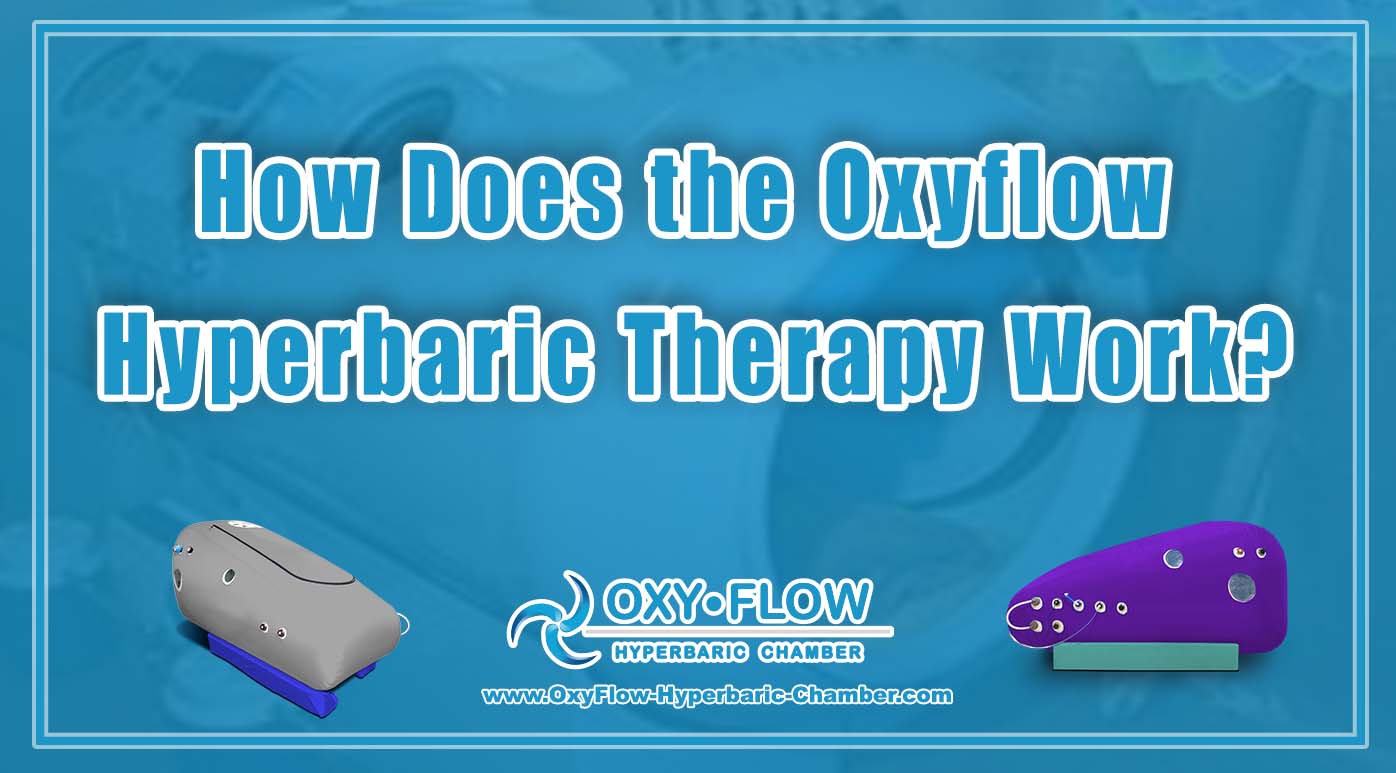
Hyperbaric Chamber for Wound Healing: A Treatment Option.
Hyperbaric Chamber for Wound Healing: A Treatment Option.

Wound care is a critical aspect of healthcare, and with the advancements in technology, there are now more options than ever before to promote healing. One such innovative treatment option is the hyperbaric chamber, which has been gaining recognition for its ability to accelerate healing.
A hyperbaric chamber is a pressurized room or tube in which a patient breathes pure oxygen at levels higher than atmospheric pressure. This increased pressure and oxygen level can greatly benefit the healing process, especially for chronic or non-healing wounds.
How does it work?
The principle behind hyperbaric oxygen therapy (HBOT) is relatively simple. When a person breathes pure oxygen in a pressurized environment, the oxygen concentration in the bloodstream increases dramatically. This allows the oxygen to reach areas with compromised circulation, such as the site of a wound, and promotes the growth of new blood vessels, which is essential for healing.
Additionally, the high oxygen levels in the bloodstream also help combat infection by enhancing the body’s natural immune response. Oxygen is a potent antimicrobial agent, and by increasing its concentration in the body, bacteria have a harder time thriving, thus aiding in the healing process.
Hyperbaric Chamber for Wound Healing Applications in wound healing.
Hyperbaric chambers have shown promising results in the treatment of various types of wounds, including diabetic foot ulcers, radiation injuries, and non-healing surgical wounds. The increased oxygen levels in the body can stimulate the growth of new tissue, improve the body’s ability to fight infection and speed up the overall healing process.
Some studies have also indicated that HBOT can be effective in reducing the need for amputation in patients with diabetic foot ulcers, which is a significant development in the field of wound care.
Advantages of hyperbaric oxygen therapy.
There are several advantages to using hyperbaric chambers for wound healing. One of the most significant benefits is its ability to promote healing in cases where traditional treatments have failed. Chronic wounds, in particular, can be notoriously difficult to heal, and hyperbaric oxygen therapy offers a new approach to tackling these stubborn wounds.
Additionally, HBOT is a non-invasive and painless treatment option, making it suitable for a wide range of patients. The therapy sessions are typically well-tolerated, and patients can relax, read, or even watch TV during the treatment.
Hyperbaric Chamber for Wound Healing Considerations and precautions.
While hyperbaric oxygen therapy is generally considered safe, there are some considerations and precautions to keep in mind. Not everyone is a suitable candidate for HBOT, and a thorough medical evaluation is necessary before starting treatment.
Patients with certain medical conditions, such as untreated pneumothorax (collapsed lung), congestive heart failure, and certain types of cancers, may not be eligible for hyperbaric oxygen therapy. It is crucial to consult with a healthcare professional to determine if HBOT is a viable option for a particular individual.
Conclusion.
Overall, hyperbaric chambers have emerged as a valuable tool in the field of wound care, offering a non-invasive and effective treatment option for chronic and non-healing wounds. With its ability to improve circulation, promote tissue growth, and combat infection, hyperbaric oxygen therapy is revolutionizing the way we approach wound healing.
As the technology continues to advance, hyperbaric chambers are likely to become an even more integral part of wound care, providing hope and healing for patients who have struggled with chronic wounds. It is an exciting development in the medical field that has the potential to make a significant impact on the lives of many individuals.


